How do you find out if a home is a modular?
jenawade
12 years ago
Featured Answer
Comments (17)
barbcollins
12 years agologic
12 years agoRelated Professionals
Daly City Architects & Building Designers · Fayetteville Architects & Building Designers · Riverside Architects & Building Designers · Yeadon Architects & Building Designers · Canandaigua General Contractors · Chillicothe General Contractors · Clarksville General Contractors · Florham Park General Contractors · Los Lunas General Contractors · Peoria General Contractors · Valle Vista General Contractors · Woodland General Contractors · Belle Glade Interior Designers & Decorators · New Providence Interior Designers & Decorators · Wanaque Interior Designers & Decoratorsjenawade
12 years agologic
12 years agoBilll
12 years agoberniek
12 years agoCarol_from_ny
12 years agobozogardener
12 years agoC Marlin
12 years agobarbcollins
12 years agoweedyacres
12 years agologic
12 years agobarbcollins
12 years agocalliope
12 years agodavid_cary
12 years agobrickeyee
12 years ago
Related Stories
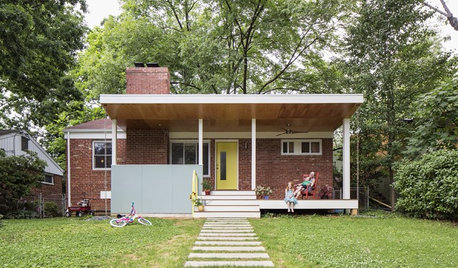
FEEL-GOOD HOMEWhat Really Makes Us Happy at Home? Find Out From a New Houzz Survey
Great design has a powerful impact on our happiness in our homes. So do good cooking smells, family conversations and, yes, big-screen TVs
Full Story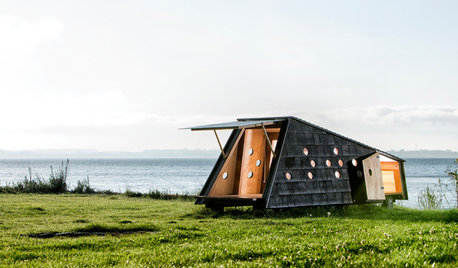
SMALL SPACESTiny Huts, Cabins and Modular Houses for Remote Living
City living got you down? Take shelter in the countryside in one of these latest designs fit for out-of-the-way living
Full Story
SHOP HOUZZShop Houzz: Chic Finds That Work Indoors or Out
Inside or out, these furnishings and accessories have durable exterior finishes with beautiful interior style
Full Story0
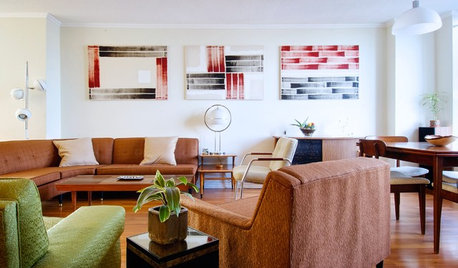
HOUZZ TOURSMy Houzz: Mod Finds Create a Fashionable Air in Toronto
Iconic midcentury furniture mixes with original artwork to bring a couple's light-filled one-bedroom apartment to life
Full Story
BUDGET DECORATINGBudget Decorator: 12 Vintage Finds to Take Home This Spring
Experience the thrill of the hunt and the triumph of a bargain when you set out on a thrifting jaunt with these finds in mind
Full Story
PRODUCT PICKSGuest Picks: Warm Fall Finds for the Home
Whether warm in color or texture, these decorative pieces will help take the chill out of the air this season
Full Story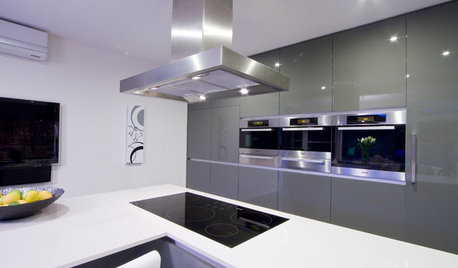
KITCHEN APPLIANCESFind the Right Cooktop for Your Kitchen
For a kitchen setup with sizzle, deciding between gas and electric is only the first hurdle. This guide can help
Full Story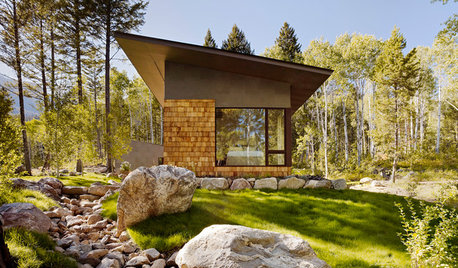
HOUZZ TOURSHouzz Tour: Finding the Essential in a Compact Guesthouse
Waiting out the economic downturn, a Wyoming couple takes up the challenge of living small — with beautiful results
Full Story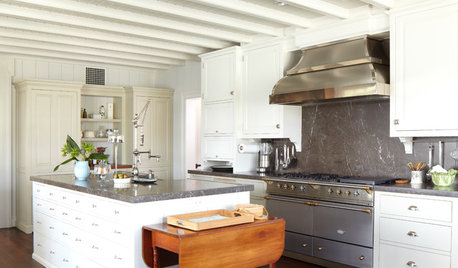
KITCHEN DESIGNHow to Find the Right Range for Your Kitchen
Range style is mostly a matter of personal taste. This full course of possibilities can help you find the right appliance to match yours
Full Story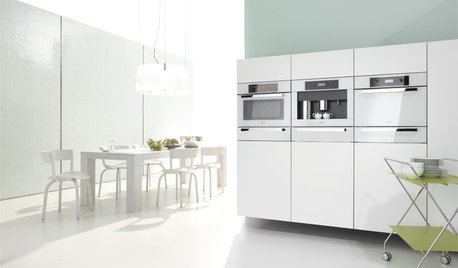
KITCHEN DESIGNWhite Appliances Find the Limelight
White is becoming a clear star across a broad range of kitchen styles and with all manner of appliances
Full Story






brickeyee